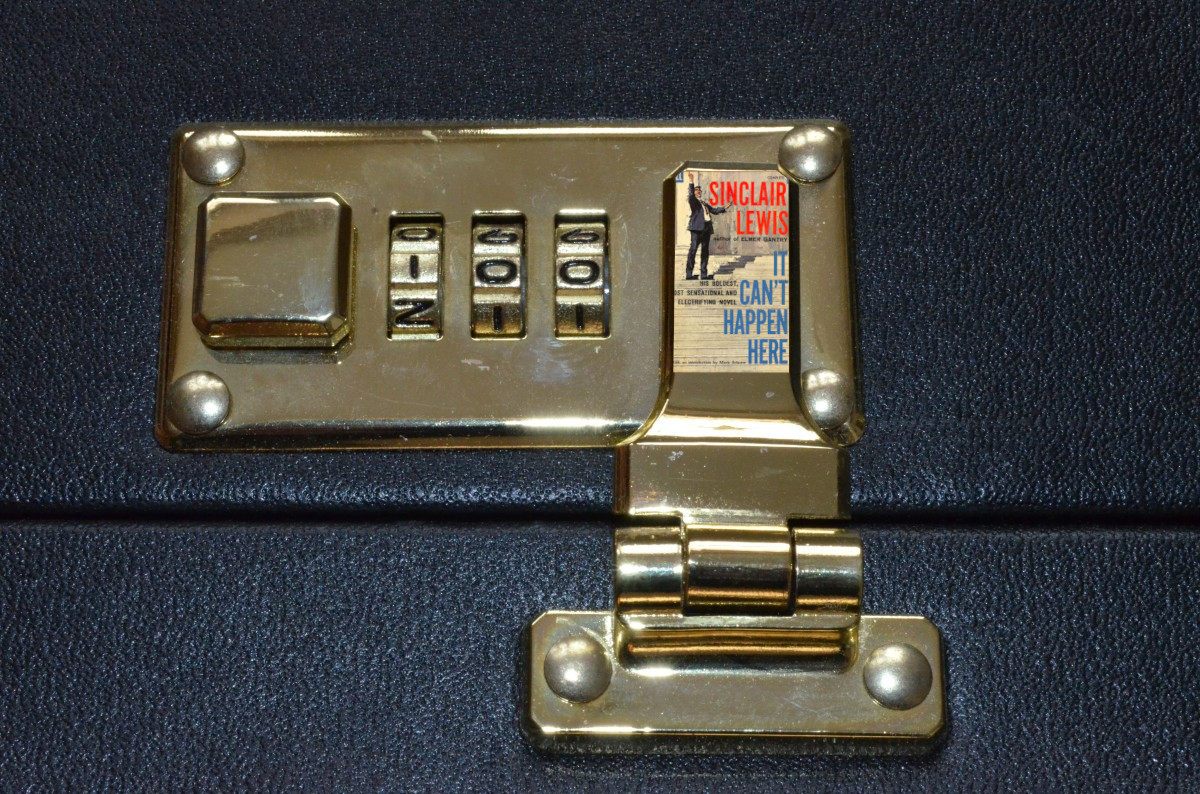
giallo: (Italian pronunciation dʒallo) wilwheaton.tumblr.com/post/632990570…
giallo: (Italian pronunciation dʒallo) wilwheaton.tumblr.com/post/632990570…
giallo: (Italian pronunciation dʒallo) wilwheaton.tumblr.com/post/632990570…
giallo: (Italian pronunciation dʒallo) wilwheaton.tumblr.com/post/632990570…
giallo: (Italian pronunciation dʒallo) wilwheaton.tumblr.com/post/632990570…
giallo: (Italian pronunciation dʒallo) wilwheaton.tumblr.com/post/632990570…
giallo: (Italian pronunciation dʒallo) wilwheaton.tumblr.com/post/632990570…
giallo: (Italian pronunciation dʒallo) wilwheaton.tumblr.com/post/632990570…
giallo: (Italian pronunciation dʒallo) wilwheaton.tumblr.com/post/632990570…
giallo: (Italian pronunciation dʒallo) wilwheaton.tumblr.com/post/632990570…
• • •
Missing some Tweet in this thread? You can try to
force a refresh






